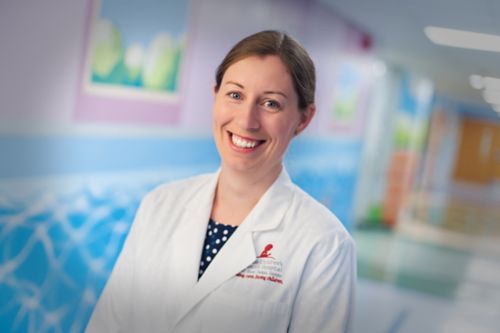St. Jude Children’s Research Hospital will soon open the first study to research the long-term effects of CAR T-cell therapy in children.
The study will use the unique model pioneered by the St. Jude Lifetime Cohort Study (St. Jude LIFE). The study will be open to people who were treated at St. Jude and other pediatric centers.
Long-term effects of CAR T-cell therapy
CAR T-cell therapy was first used in 2012 to treat children with B-cell acute lymphoblastic leukemia (ALL) that came back after treatment or did not respond to it. In 2017, the Food and Drug Administration (FDA) approved CD19-CAR T-cell therapy for certain cases of childhood leukemia.
CAR T-cell therapy works by changing T-cells, a type of white blood cell that helps fight disease, so that they can find and destroy cancer cells. The cells are changed in the lab, allowed to multiply, and then given back to the patient. This therapy has improved survival rates for harder-to-treat B-cell ALL. It previously had only a 20% (2 in 10) survival rate.
CAR T-cell therapy can have a range of short-term side effects. These may include serious problems such as cytokine release syndrome and neurological problems. Researchers want to learn how the treatment affects patients in the long run.
“We now have this new group of survivors whose treatment included novel therapies such as CAR T-cell therapy,” says Aimee Talleur, MD, the study’s principal investigator. “We have not studied the long-term effects of these newer therapies.”
St. Jude LIFE is one-of-a-kind
The CONQUER study is possible because of the unique design of St. Jude LIFE, Talleur says. Participants will travel to St. Jude for 3–4 days of physical exams, tests, and surveys.
The goal is to provide an in-depth look at each person’s current health, including what participants report about their health. Researchers will look at each person’s health history. This review includes medical records from previous cancer treatment.
St. Jude will cover the cost of tests, transportation, lodging, and food for study participants and 1 family caregiver.
The St. Jude LIFE Study opened in 2017. It works to:
- Improve care for childhood cancer survivors
- Find health risks
- Prevent or manage problems caused by cancer treatment
These problems, called late effects, can happen months or years after treatment.
Like St. Jude LIFE, CONQUER study participants will get personalized health reports after their medical exams and tests. Participants can share these reports with their health care providers. Survivors can use this information to advocate for their health needs.
The CONQUER study was developed with the CARnation Consortium. The group focuses on improving outcomes following CAR T-cell therapy in children and young adults. CARnation centers include:
- St. Jude Children’s Research Hospital
- Children’s Hospital of Philadelphia
- Seattle Children’s Hospital
- Medical College of Wisconsin/CIBMTR
- Children’s Hospital Los Angeles
- Children’s Hospital Colorado
- Dana Farber Cancer Institute
- University of Texas Southwestern
- University of Utah


